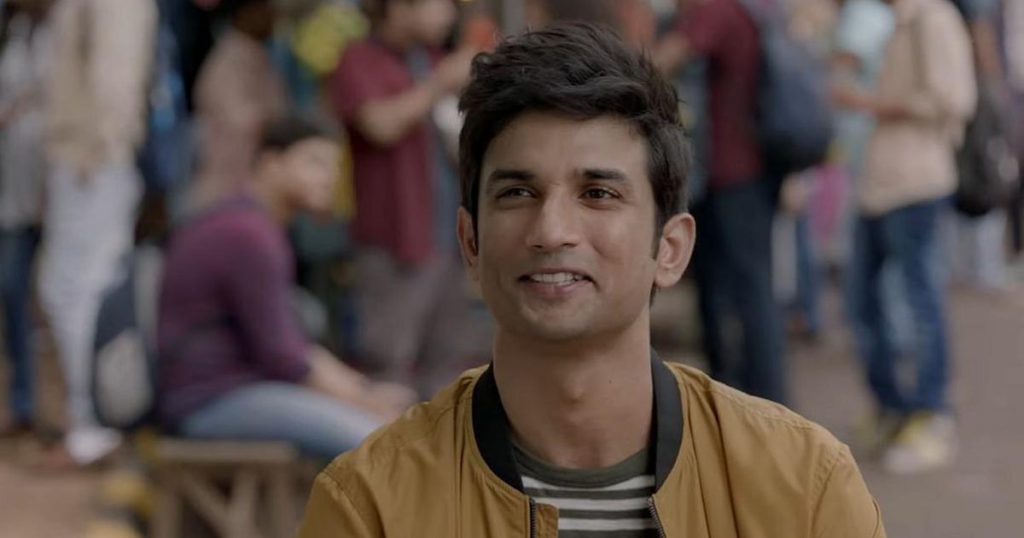The sudden demise of the actor Sushant Singh Rajput has moved the entire nation but the Supreme Court’s judgment on this Wednesday came as a ray of hope for his family, friends, and thousands of his admirers.
Hon’ble Supreme Court Judge Hrishikesh Roy, while delivering his judgment, said, “The actor Sushant Singh Rajput was a talented actor in the Mumbai film world and died well before his full potential could be realized.” Therefore, a fair and impartial investigation is the need of the hour.
By the latest judgment Supreme Court has approved the ongoing CBI investigation in the matter of the death of Sushant Singh Rajput and said,” For the petitioner too, it will be the desired justice as she called for a CBI investigation.”
The court has also disposed of the transfer petition filed by the actor Reha Chakraborty under the following grounds-
The court declared that Patna police has jurisdiction to register FIR as the victim’s father had made calls to the victim from Patna and “the allegation relating to criminal breach of trust and misappropriation of money which were to be eventually accounted for in Patna (where the Complainant resides), could prima facie indicate the lawful jurisdiction of the Patna police.” Hence the Patna police didn’t commit any illegality while registering the complaint and therefore Patna police were under no obligation to transfer the case to the Maharashtra police.
The court also pointed out that although the Mumbai police had the jurisdiction to investigate the unnatural death of the complainant’s son, it was yet to file an FIR suggesting commencement of investigation on the criminal aspect.
While passing the order, the court said that the conflict between the two state governments, i.e., Bihar and Maharashtra, on who is competent to investigate the said case is pretty evident. And said, “as because both states are making acrimonious allegations of political interference against each other, the legitimacy of the investigation has come under a cloud.”
So the allegations of unfair investigation on the Maharashtra police might not be accurate. But the court must ensure that an independent agency takes on the duty to investigate not involving either of the state governments so that the credibility of the investigation and the investigation body is protected.
The court also held that although under Section 6 of the DSPE Act, the CBI cannot investigate without the concerned state’s consent, the powers of the Constitutional Courts are not fettered by the statutory restriction mentioned in the DSPE Act.
But in this case, as the FIR filed in Patna has already been transferred to CBI with the Bihar state government’s consent and as the CBI has already registered a case and commenced an investigation. Hence the ongoing investigation by the CBI is held to be lawful.
The court further observed that if there’s any new case registered in Mumbai on the same issue, it would be appropriate if the latter claims to get investigated by the corresponding agency, i.e., the CBI on this court’s order.
The court also said, “there is a reasonable apprehension of truth being a casualty and justice becoming a victim.” Hence, to avoid it and ensure complete justice is served, the court invoked Art 142 of the Indian Constitution and ordered a CBI probe and directed it to deal with any new cases.
Read the judgment here Click

